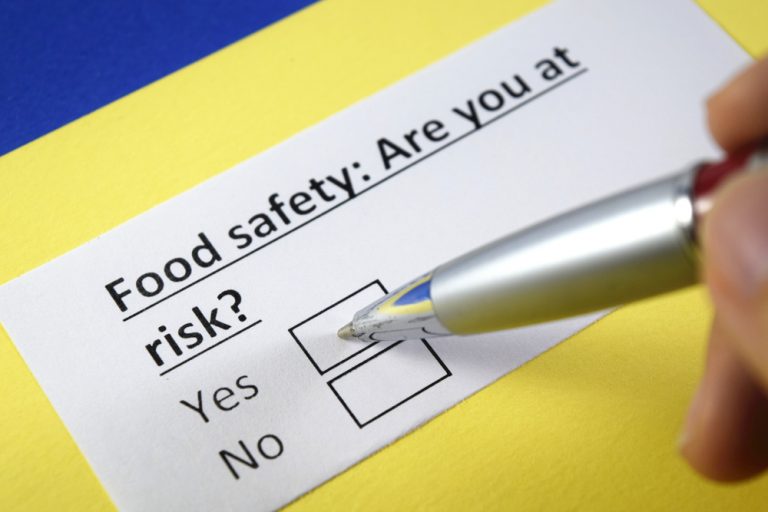Food safety is hard to ensure and can be costly to maintain. It encompasses many things, from keeping fresh perishable stock to employee hygiene to maintaining clean cooking areas. And it’s usually one of the first things to slip if a restaurant is cutting corners and trying to keep in the black.
This is dangerously short-sighted–for both the customer and the business.
Numerous government bodies exist to keep restaurants and food establishments in check, but violations still happen. In 2016 alone, over 5,300 cases of US foodborne illness were attributed to sit-down dining establishments, and over 4,000 to fast-food restaurants.
If you were one of those cases, you would’ve been slapped with a hefty fine, which is painful enough. But food safety violations also damage other areas of business that have an even greater and longer-term impact.
Litigation
The government’s not the only one who can chase you down for money. Patrons who fall ill due to your restaurant’s food safety violation can pursue legal action against you.
Take the example of KFC, which had to pay more than $8.3 million to a girl who’d suffered brain damage due to sustained poisoning from one of their franchise branches. Smaller establishments won’t likely have the army of lawyers and spare cash to help them through legal proceedings if sued.
Customer backlash
Customers who have a bad experience won’t just sit and take it. They’re going to tell everyone they know. And in today’s marketing environment, that means taking to social media and review sites like Yelp.
You might dismiss the idea as silly–after all, who pays attention to those things? But it absolutely does. A survey by Checkit found that 61% of customers say they won’t eat a restaurant that has a low food hygiene rating while 75% say they won’t risk dining at a restaurant that had been involved in a food safety violation–even if the place is recommended by someone they trust.
Lower employee morale
Customers aren’t the only ones who are unhappy with food safety violations: employees don’t appreciate it either. The restaurant industry is full of employees who are overworked, underpaid, and undervalued. Topping this off with a dirty and unhealthy working environment is likely to force them into drastic action.
This drastic action can take the form of them quitting, bad-mouthing your restaurant on social media, or even reporting your restaurant to the government.
So don’t dismiss a penalty fine just because you can afford to pay it off. Think through the larger implications of the punishment and its impact on the overall success of your restaurant. You’ll end up wishing the penalty fine was all you had to pay.
